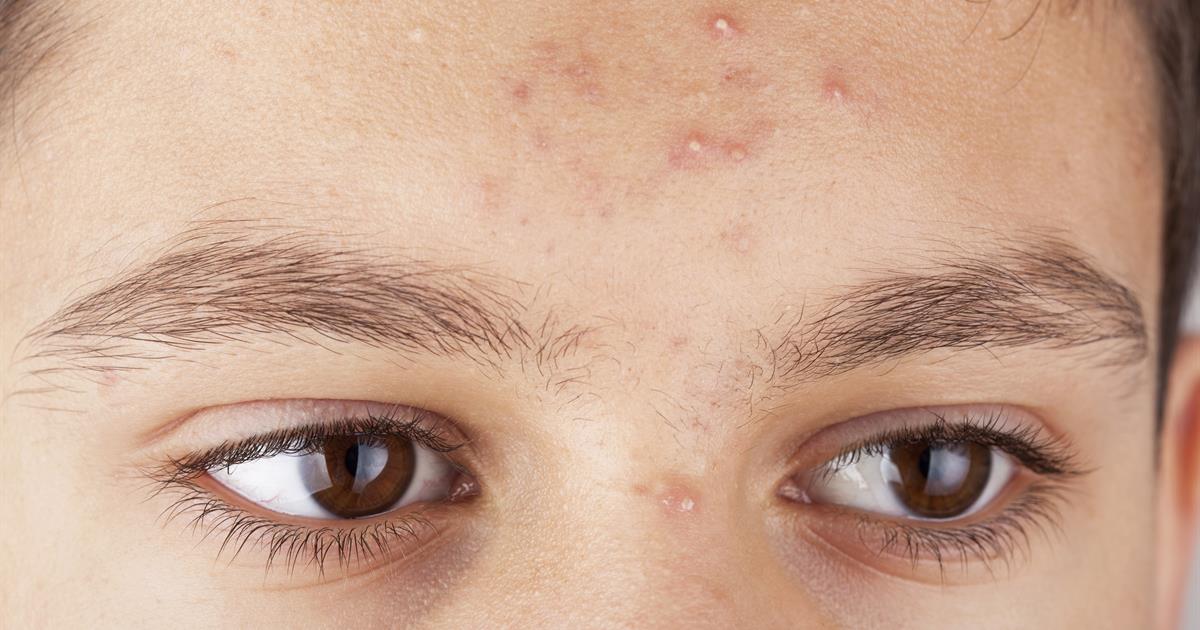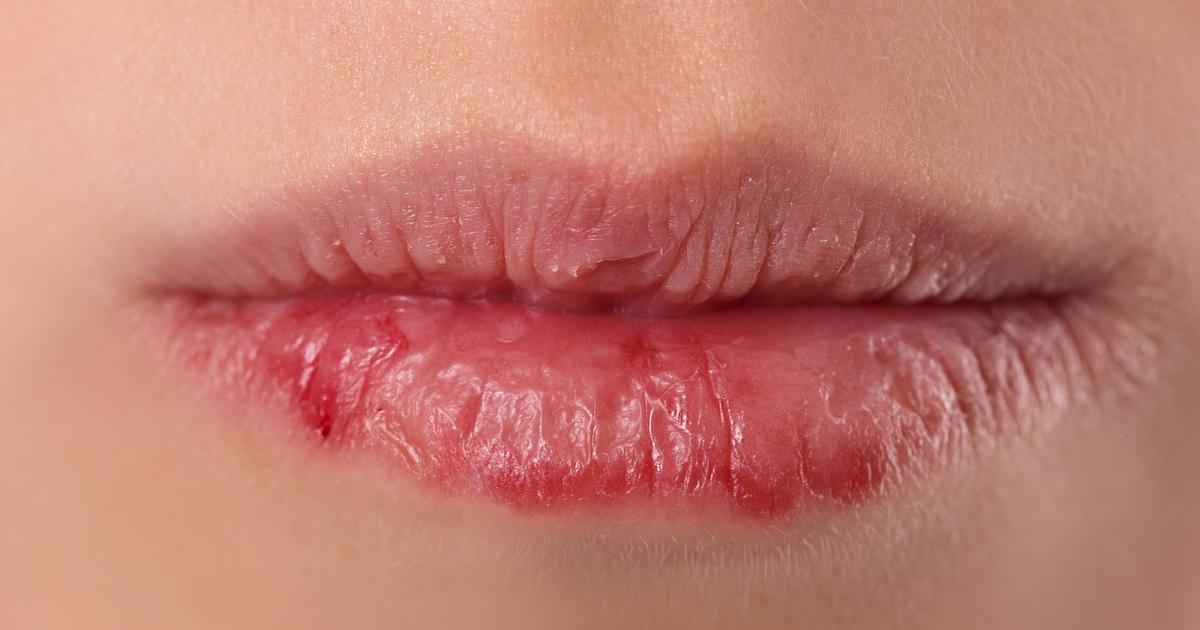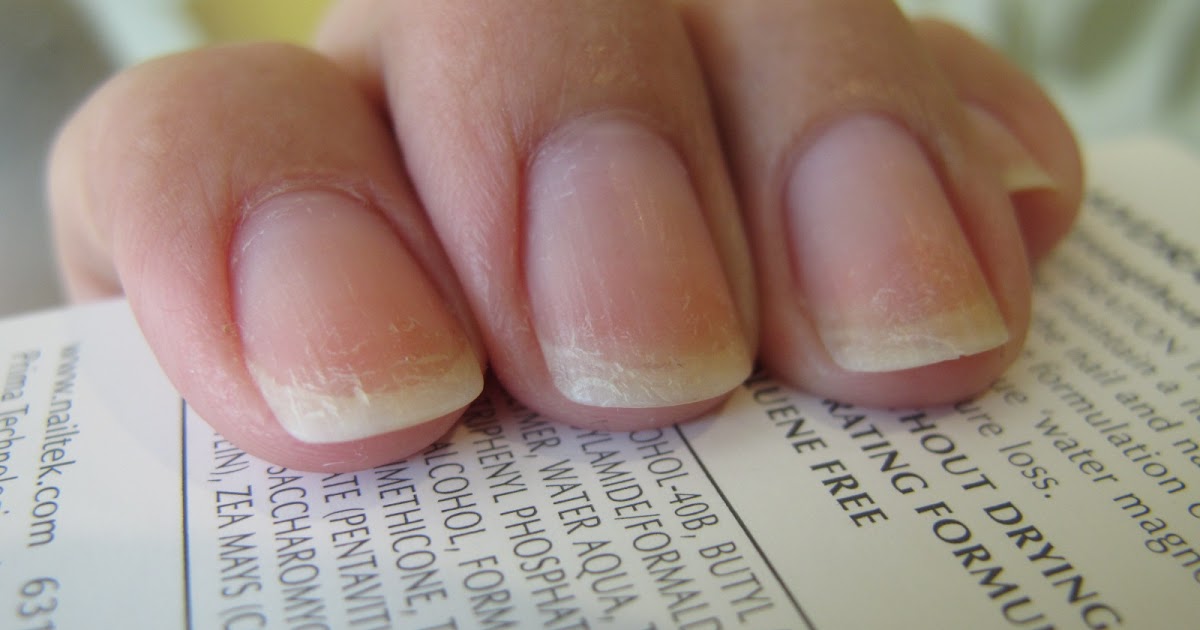Warning Signs That You Are Unhealthy
Healthy living is a goal for most. Yet, much too often individuals unknowingly engage in habits that hinder this goal. There are many signs out there that suggest an unhealthy lifestyle. Being able to spot these signs is the first step individuals can take towards improving their body and overall health. Changing up just a few regular habits can make a drastic impact on an individual’s mindset and can help their body run more efficiently, which will lead to a happier and healthier life.
Poor Sleeping Patterns

Your sleep patterns are a great indicator of how healthy your lifestyle is. When you sleep, you are giving your body the opportunity to relax and recharge. If you sleep irregularly or consistently short yourself on hours, your body will not be able to function as efficiently as it could. Stress is often a major cause for this, but unfortunately, this tends to trigger a vicious cycle. The more stressed someone is, the more sleep they typically lose, which ends up triggering more stress and tension the next day. Look for ways to resolve the stresses in your life or find techniques and routines that will help your mind relax before bed.
Reveal more indicators you may be unhealthy now.
Dry Skin

The next time you are by a mirror, check out how your skin is looking. Dry skin is a key warning sign of an unhealthy lifestyle. If you are extra itchy lately, you could have some potentially serious health issues to deal with, such as eczema. Another thing to keep an eye on is your lips and face. If your lips are always chapped and dried out, it is a sign your body is lacking the vitamins it needs. On the flip side, if your skin is breaking out, you may be taking in something your body is not agreeing with.
Learn more about the warning signs of an unhealthy lifestyle now.
Trips To The Bathroom

Bathroom trips will help you analyze whether or not you need to change up some habits. If you notice your urine is very dark, it is a strong sign you are experiencing dehydration. Light or clear-colored urine is a sign of healthy living, so strive for that by drinking water regularly throughout the day. Bowel movements will help in your analysis too. How often you go represents how often your body is getting rid of those toxins that could cause havoc if left in your system. The average healthy individual should be getting through at least one bowel movement a day.
Get the details on more symptoms of an unhealthy individual now.
A Weaker Immune System

Do you feel as though you are sick much more often than you should be? Everyone gets sick now and then, but an individual who always seems to catch whatever bug is going around clearly has a body that is not fighting these things off as well as it could and should be. Being sick all the time means missing work and losing out on quality time with friends and family. Try to find ways to build up your body’s immune system and stock up on vitamin C to get your defenses working hard.
Read more about indicators of being unhealthy now.
Anxiety

Feelings of anxiety should never be ignored. These feelings indicate something in your life is not right and changes need to be made. Stress and anxiety put major tolls on the body and can trigger all kinds of diseases or cause heart problems. Not to mention, they lead to all of the other things that trigger unhealthy living, such as lack of sleep, breakouts, and illness. This may be the root of your problem, so be sure to seek out help, either from friends and family or a professional, if there are issues in your life bringing you down. You deserve to live a happy and healthy life.
Get more information regarding what can indicate you could have some health issues now.
Chronic Acne And Other Skin Issues

Patients with health issues may develop chronic acne and other skin issues. For example, chronic acne that persists past the age of twenty-five could be a sign of hormonal imbalances, and it is associated with polycystic ovarian syndrome and congenital adrenal hyperplasia. Certain types of skin rashes, including a 'butterfly rash' that forms on the cheeks and nose, could be associated with autoimmune conditions such as lupus. Itching skin may be an indicator of liver problems, and easy bruising or bleeding of the skin can occur in cases of leukemia and other blood disorders. Patients are advised to examine their skin regularly for any changes, and any new or unusual redness, bruising, rashes, or itching should be investigated by a doctor. Skin issues are normally treated first with topical gels, and oral medications or injections may be used as needed.
Uncover more common warning signs of health issues now.
Constantly Chapped Lips

Constantly chapped lips that do not heal with lip balms and other treatments may be a sign of precancerous lesions on the lips. Chronically chapped lips could also be a sign of cheilitis, a form of lip inflammation that can be caused by infections, irritants, or the use of certain medications. Contact dermatitis, a condition triggered by allergies, may also result in constantly chapped lips. Occasionally, patients who are dehydrated can develop chronically chapped lips.
Patients who have issues with chapped lips should consult a dermatologist for a full evaluation. The dermatologist can perform a detailed inspection of the area, and they may also wish to take a skin sample to determine the underlying cause of this symptom. In particular, patients with cheilitis are at an increased risk of skin cancer on the lips, and they should see a dermatologist regularly. To prevent the development of skin cancer, individuals are advised to use a lip balm with at least SPF 15 on their lips each day. Increasing fluid intake and using a humidifier in the home may also reduce lip dryness and chapping. When going outside in cold weather, patients should cover their nose and mouth with a scarf, as this will prevent additional chapping and lip pain.
Understand more about what can point to serious health problems now.
Issues With Finger And Toenails

Issues with finger and toenails could be indicative of nutritional deficiencies, thyroid disorders, cardiovascular disease, cancers, and infections. For example, vertical ridges on the nails are a potential sign of vitamin B12, magnesium, or iron deficiencies, and black streaks on the nails could indicate the presence of melanoma or other skin cancers. Clubbing of the nails, in which the nails curve downward and the fingertips enlarge, is associated with reduced levels of oxygen in the blood that may be related to heart disease, lung disease, and some liver or kidney conditions. Nails with a spoon-like appearance, curving up at the ends, could be signs of iron-deficiency anemia, cardiovascular issues, or hypothyroidism. Yellow nails may be due to fungal infections. Patients who notice changes to their nails should consider seeing their physician for blood tests that can detect nutritional abnormalities and other conditions. Medications to treat fungal infections will usually alleviate yellow nails, and correcting nutritional deficiencies with vitamin and mineral supplements often returns nails to their normal shape.
Learn about how one's body temperature could indicate issues with health now.
Issues With Regulating Body Temperature

Issues with regulating one's body temperature may occur in cases of thyroid disorders, multiple sclerosis, and eating disorders. Patients with hypothyroidism (an underactive thyroid) typically feel cold, and individuals with hyperthyroidism (an overactive thyroid) may struggle to tolerate warm environments. Patients with multiple sclerosis may struggle to regulate their body temperatures as well, and individuals with anorexia have a tendency to feel colder than normal. Hormonal changes, including those that take place during menopause, may also make it difficult to control body temperature. Since issues with regulating body temperature could be triggered by both mild and serious conditions, patients who notice they are feeling colder or warmer than they normally have should discuss their symptoms with a doctor. The doctor can perform an examination and lab tests that may determine the underlying cause of this symptom. Synthetic hormones are often provided for patients diagnosed with thyroid issues, and these and other medications often successfully correct issues with body temperature regulation. Patients have frequent follow-ups, and it is generally necessary to take medications on a long-term basis.
Learn more about unhealthy warning signs now.
Regular Mental Fog

Mental fog is a form of cognitive dysfunction that typically involves poor concentration, reduced mental clarity, difficulty with focusing, and issues with recalling information. For patients who experience regular mental fog, the symptoms may be severe enough to interfere with school and work. While some cases of mental fog could be caused by stress, insufficient sleep, medications, and hormonal changes, the symptom is also associated with certain medical conditions. For example, chronic fatigue syndrome, fibromyalgia, lupus, multiple sclerosis, and Sjogren's syndrome may all produce regular mental fog. In addition, patients who have depression, Alzheimer's disease, anemia, or hypothyroidism could experience a lack of mental clarity on a regular basis. Patients will need to have a physical exam, blood tests, and imaging studies to fully investigate mental fog. Depending on the underlying cause, treatment could include nutritional supplements (for anemia), hormonal medicines (for thyroid conditions), or corticosteroids (for autoimmune conditions). To increase mental clarity, doctors also recommend getting sufficient sleep, avoiding stress, and engaging in activities that stimulate the mind.
